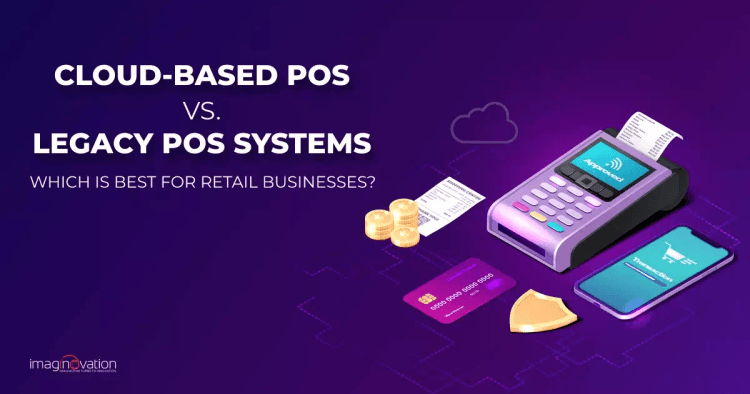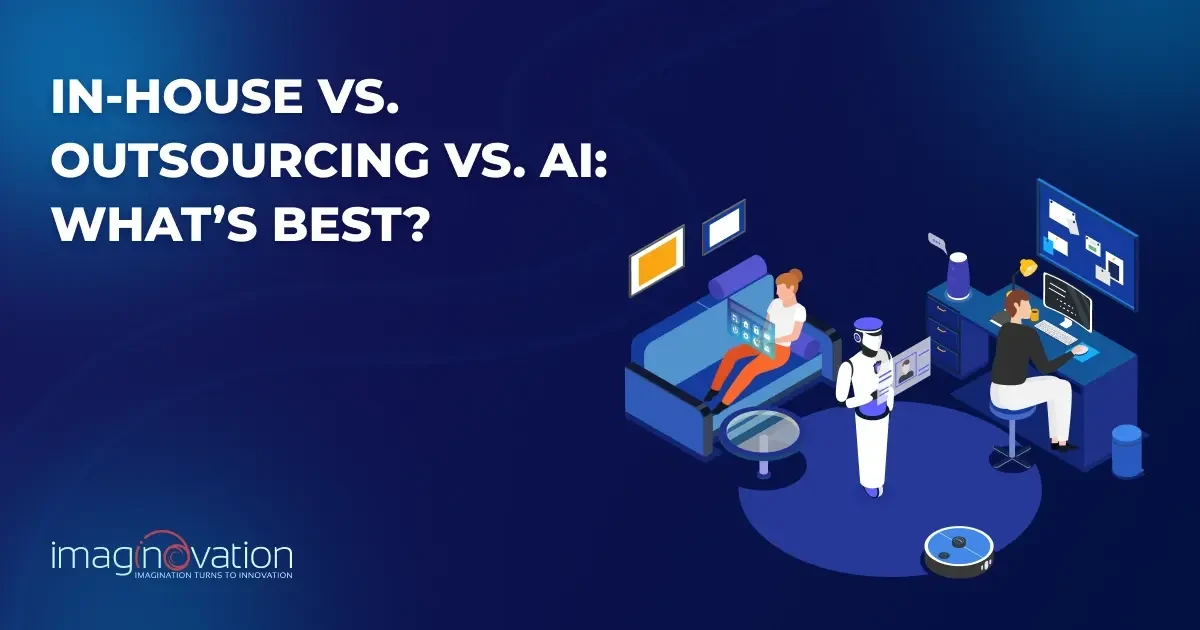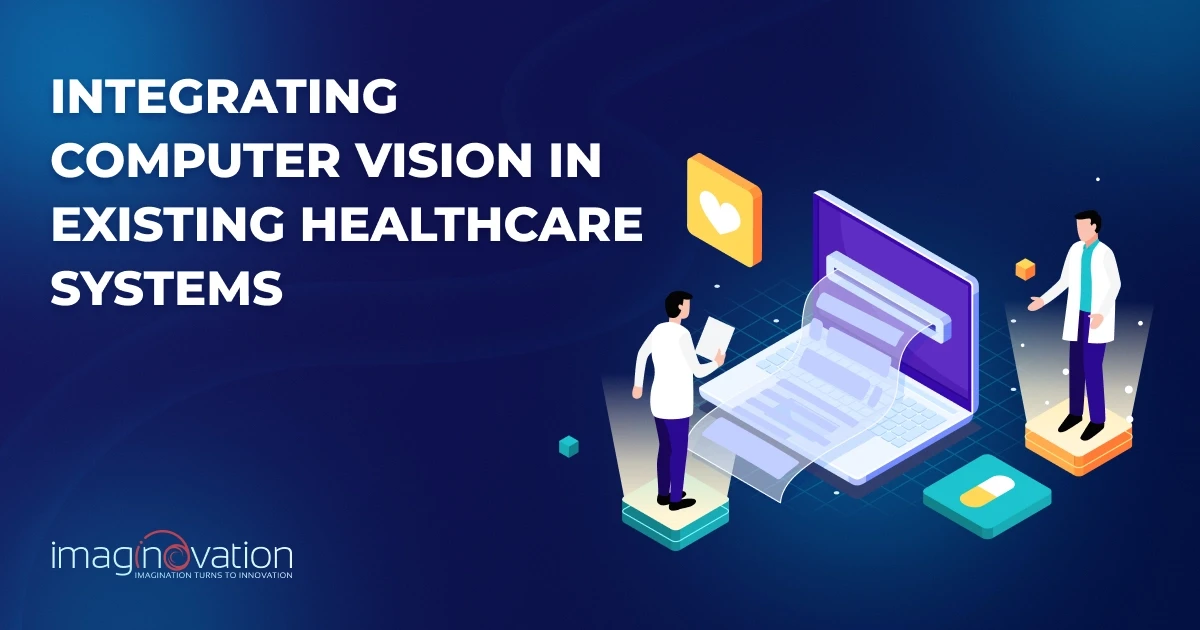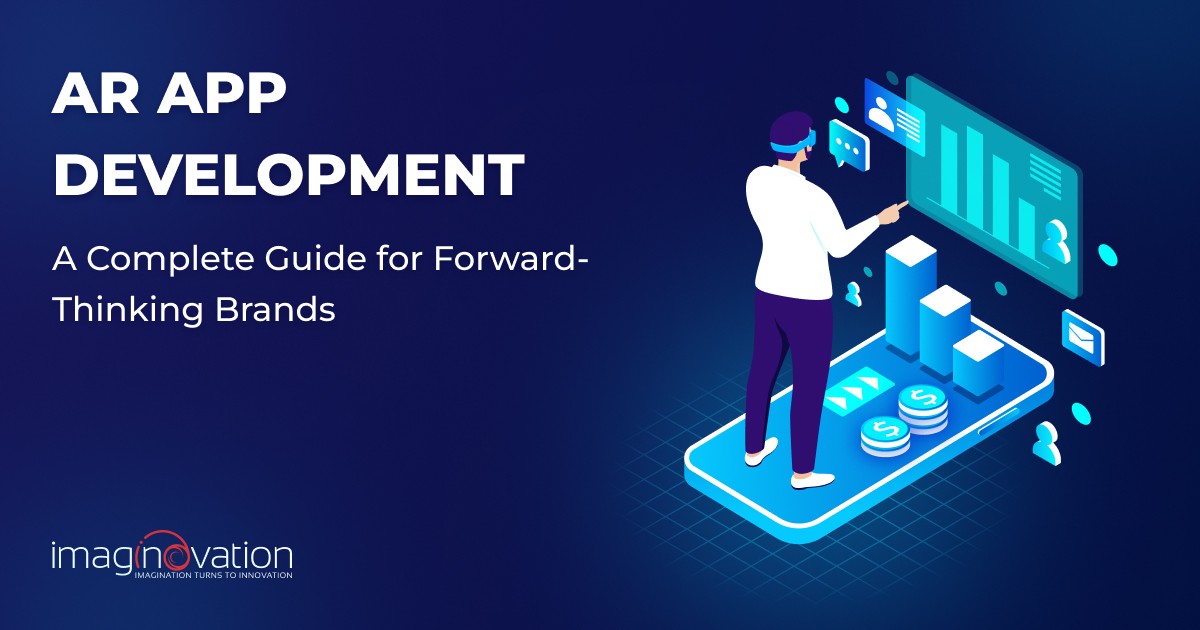In the ever-advancing landscape of retail, the choice of a Point of Sale (POS) system is akin to choosing the beating heart of your business. The decision between Cloud-Based POS and Legacy POS Systems is a pivotal one, with far-reaching implications.
As a business owner or tech leader, you're faced with a critical question: Which system aligns best with your retail aspirations? The answer lies in understanding the nuanced differences between the two.
Join us in this article tailored to visionary business leaders like you, as we dissect the Cloud-Based POS vs. Legacy POS Systems dilemma. We'll unravel the pros, cons, and pivotal factors that should inform your decision-making process.
Curious about how the right POS system can revolutionize your retail business? Let's embark on this exploration of technology and transformation together, where informed choices meet retail success.
Understanding POS Systems: A Quick Overview
A point of sale (POS) system refers to the hardware and software used by retail businesses to process transactions and manage day-to-day operations at the checkout counter. At its core, a POS system allows stores to accept payments, track sales data, manage inventory, generate reports, and more. POS systems provide retailers with capabilities like:
- Cash register functions - scanning items, calculating totals and taxes, applying discounts, accepting payments
- Inventory management - tracking stock levels in real-time, reorder alerts
- Sales reporting - detailed analytics on sales performance, top products, busiest hours
- Employee management - staff payroll, time tracking, performance monitoring
- Customer management - loyalty programs, targeted promotions, purchase history
- Integration with other systems - linking POS with accounting, inventory, ecommerce, and other software
Reliable, feature-rich POS systems are essential for retailers to efficiently run their brick-and-mortar stores. The POS serves as the central nervous system for daily operations.
Legacy POS Systems: The Traditional On-Premise Model
Legacy POS systems refer to the traditional electronic cash registers that relied on on-premise hardware and software. These systems were stored locally in each store. Key limitations of legacy POS systems include:
- Expensive upfront costs - retailers purchased entire systems including servers and terminals
- Limited scalability - adding stores or registers meant purchasing more hardware
- Manual software updates - required IT staff to manually install updates at each location
- No centralized data - sales reports were stored locally, lacked big picture view
- Less connectivity - inability to integrate with ecommerce or mobile payments
- Higher risk of downtime - onsite servers prone to malfunctions and disruptions
While legacy POS systems laid the groundwork for checkout technology, they presented major barriers for innovation and growth for retailers.
Cloud-Based POS
Cloud-based POS systems are accessed online via web-based software as a service (SaaS) instead of locally hosted servers. Cloud POS provides many advantages:
- Lower upfront costs - paid via monthly or annual subscriptions rather than large purchase
- Automatic updates - new features and fixes roll out seamlessly over the cloud
- Unlimited scalability - easily add new locations without buying hardware
- Integration - APIs allow connecting POS with accounting, inventory, CRM, ecommerce, and other software
- Omnichannel retail - unify in-store and online sales channels into one POS
- Accessibility - managers can monitor sales from any internet-connected device
- Data-driven insights - centralized reporting provides complete business intelligence
Cloud POS enables retailers to leverage advanced technologies like IoT sensors, AI, mobile payments, and predictive analytics. Instead of just digitizing payments, it serves as a platform for retail innovation.
In summary, modern cloud-based POS provides unmatched flexibility, connectivity, and intelligence for retailers compared to legacy on-premise systems. Cloud POS paves the way for the future of retail technology.
Differences between Cloud-Based POS vs. Legacy POS Systems
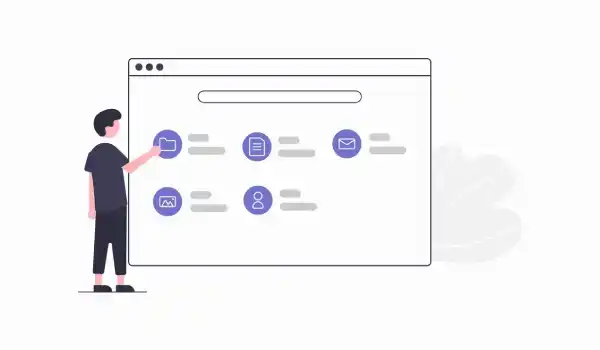
A legacy POS system also referred to as a "traditional" POS system, uses a local network to store important information. Some people call this "on-premise" POS because it keeps information on physical hard drives in the shop.
Think of this as taking pictures with your cellphone. Unless you've stored the photos in cloud-based software, you can only access them if you open your phone.
A legacy POS system requires owners to be present at the retail location to input, analyze, or retrieve information. This means they cannot create reports from home, replace or update stock items online, or perform other tasks that may need to be done unless they are on-premise. This makes dealing with a legacy POS quite frustrating and often slow.
The table below shows some of the clear differences between cloud-based POS and traditional POS systems:
| Cloud-Based POS | Legacy POS | |
| Data Collection | Stored on online servers that offer mobility, i.e., you can retrieve any piece of data at any time. | Stored on local servers that are part of a closed internal network; can only be retrieved if you are at the physical location. |
| Data Access | Access data through multiple touchpoints, i.e., you can change inventory from home or contact consumers through your phone if necessary. | Data can only be accessed by logging into the local servers and is vulnerable to system failure, breakdowns, and other dangers. Requires frequent backup, which takes up more space. |
| Payment | A subscription-based model that is cost-efficient and has no hidden charges. POS company also provides access to future upgrades and data backups. | Large upfront fees and regular maintenance fees, which can vary based on the nature of maintenance required. Typically more expensive than Cloud-Based POS. |
| Hardware | Personnel can use tablets, phones, laptops, or any device that has internet access. The system integrates other tools, like card readers, printers, and more when required. | Large terminals, usually around 15 inches, which are hard to move around once they have been set up on-premise. |
| Maintenance | Most issues can be resolved online. | Most issues are resolved on-site by a maintenance team. |
| Software Updates | Updates are processed automatically and online. You don't have to wait for someone to visit and manually upgrade the system. Updates are also executed in real-time, meaning you can use new features immediately. | Technicians execute software updates on site. Manual updates take much longer than online updates, meaning you might not be able to use the system while it's undergoing an update. |
| Data Security | Vendors create and implement safety features and execute automatic backups that prevent data breaches in most cases. | Data is safe from breaches because it is stored on-site but needs frequent backups in case of a technological shutdown. |
Why Should Retailers Switch to a Cloud-Based POS System?
With technological advancements progressing at lightning speed, retail businesses should strongly consider upgrading a legacy POS to a cloud-based POS system. Below are some reasons why retailers should make this change to further grow their business.
1. Focus on Feedback
A cloud-based POS system's most significant advantage is instant data access. With this instant access, you can log in and analyze your sales information anywhere, even from the comfort of your home. This means you can make necessary changes on the go, prevent disappointed customers, and circumvent potential losses.
In fact, according to National Retail Security Survey 2020, around 56.5% of retailers use insights from their POS systems to prevent losses and boost sales. Consumer data is a goldmine, and cloud-based POS systems put this at your fingerprints in real-time.
In comparison, pouring over data reports from a legacy POS system would take time and require you to be on-site for hours to perform the work.
2. Increase Retention Rate
Cloud-based POS systems offer tons of data. Combined with data warehouse software, it can help you extract valuable insights that ultimately boost your customer retention rate.
One report even states that approximately 86% of restaurants use data from POS systems to streamline their loyalty programs and create targeted discount activities.
Using real-time insights from a cloud-based POS system will quickly identify which consumers to connect with and focus on to drive the most value. Doing this will eventually increase your average order value, as loyal consumers make repeat purchases.
The best part is that you can share this data with your marketing agency, which would not be possible with a legacy POS.
3. Endless Scalability
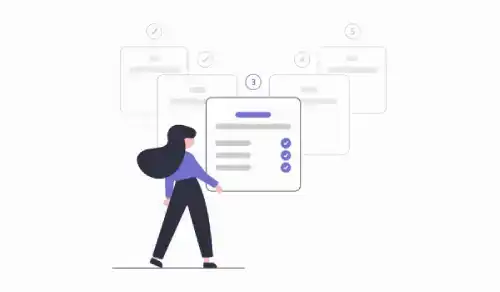
Remember that whichever POS system you choose will have to scale up as your business grows. This is particularly important for retailers; you need a more overall POS system as you open more store locations.
Legacy POS systems cannot quickly scale at the pace you may need, at least not compared with the ease of a cloud-based system. You would need to purchase new equipment and local servers and pay technicians to install traditional POS systems with every new location.
On the other hand, cloud-based POS systems can easily scale as your business grows. The features you already pay for, like CRM, inventory management, analytics, and more, will scale up with the business.
Your cloud-based POS can integrate new features with no hassle and quite literally with a few buttons. This means you're always technologically ready and growing.
4. Light on the Pocket
A cloud-based POS system will put your budgetary concerns to rest. Not only are cloud-based POS systems significantly cheaper than their traditional counterparts, they also offer many more features and capabilities.
Think about this: if you store your data in a legacy POS system, you can find yourself paying anywhere up to $50,000 for the necessary on-site servers and bulky equipment that has to be installed.
Cloud-based POS systems work on a pay-as-you-go subscription model that works like a dream. You don't have to sign up for a lengthy contract; you can keep changing the services you require, and maintenance is done remotely. So, forget about having to pay for scheduled maintenance visits. A cloud-based POS system will save you time, money, and a lot of headaches.
5. Provides an Intuitive Experience
Using a cloud-based POS system means you can train staff to log orders on tablets and phones instead of old-fashioned registers. This optimizes the order process, makes tasks such as returns and exchanges more efficient, and reduces waiting time for impatient customers standing in line.
There is also no steep learning curve associated with deploying a cloud-based POS system. Instead, your staff can pick up on it immediately, decreasing communication breakdowns, confusion between employees, and chances of human error.
This easy setup also makes it easier to process discount coupons and vouchers on an automated system that has empirical data stored in it already.
A legacy or traditional POS system can cause delays and frustrate waiting customers. On top of this, they are repairing a fault in a legacy POS system that requires on-site help, with a technician having to be physically present. Cloud-based POS systems don't suffer frequent breakdowns; even if they do, the issues can be fixed remotely and in real-time.
Develop a Cloud-Based POS System with Imaginovation
Are you ready to upgrade your retail business and give it the boost it needs? Simply reach out, and we’ll help you with the best cloud-based POS system tailored to your unique business needs.
We have vast experience with innovative, out-of-the-box, and futuristic tech solutions, and we would be happy to help you and your business succeed.
Imaginovation is an award-winning web and mobile app development company headquartered in Raleigh, NC, with a team of experts ready to take your POS journey to the next level.
We deliver on our promises and will curate incredible cloud-based POS software for your business, so you can evolve with the times and always stay on the pulse.
Don't hesitate to talk reach out to us today, Let's Talk.
Ready to build an app, but not sure where to start?
We've got you covered. Click the button below to get started.

